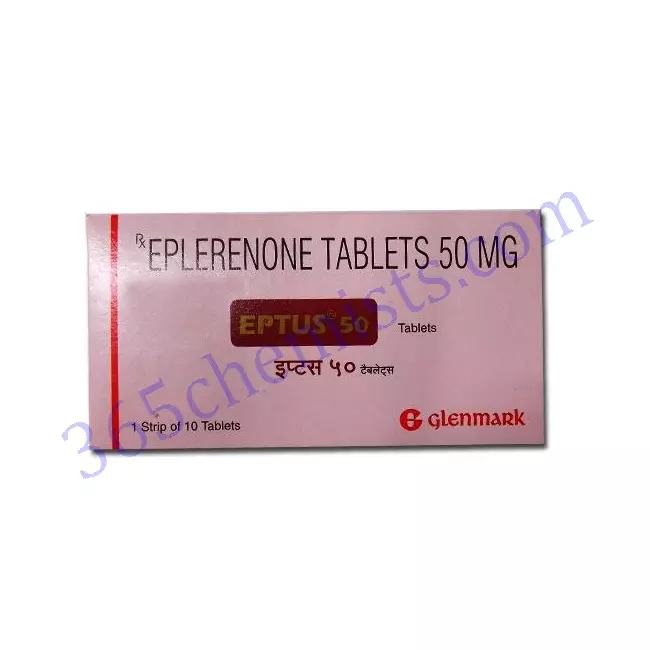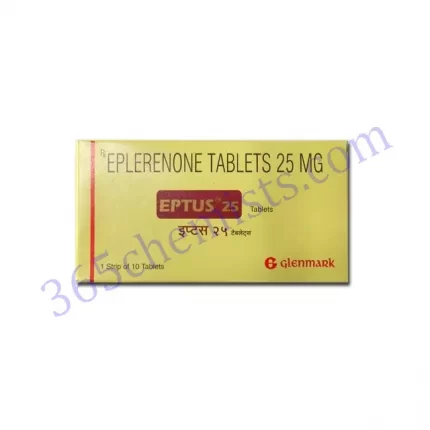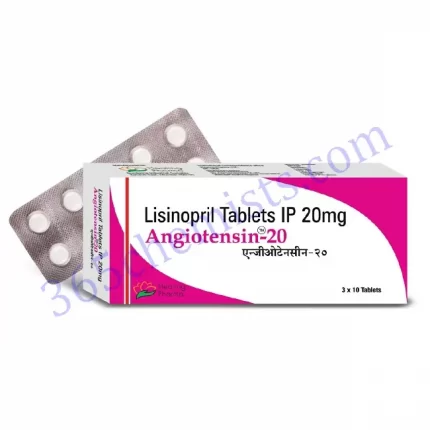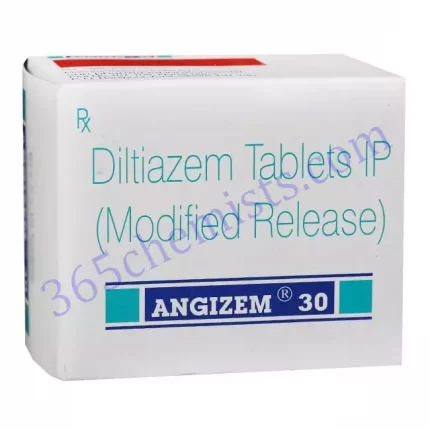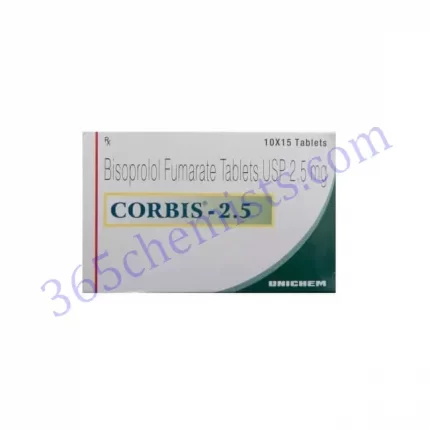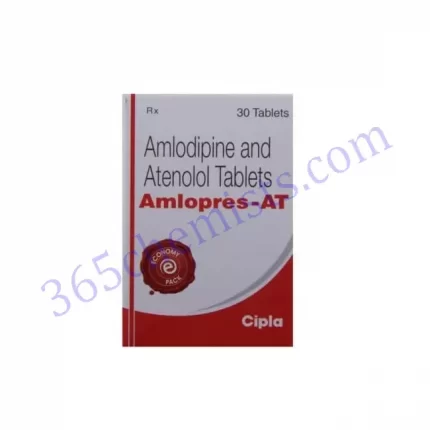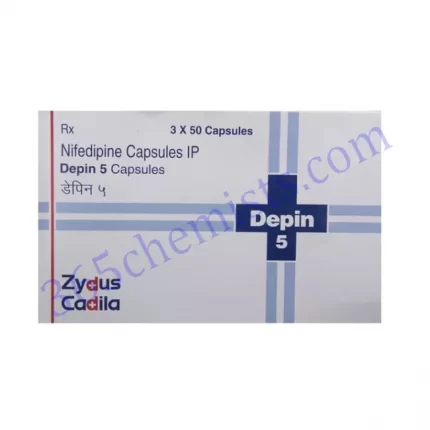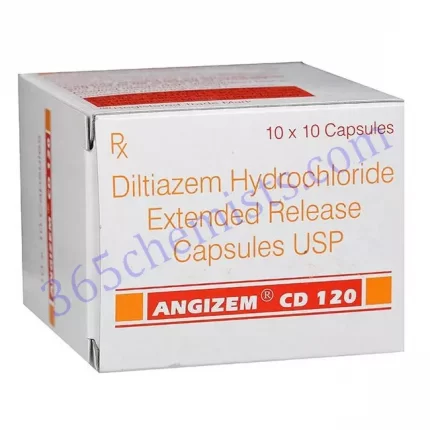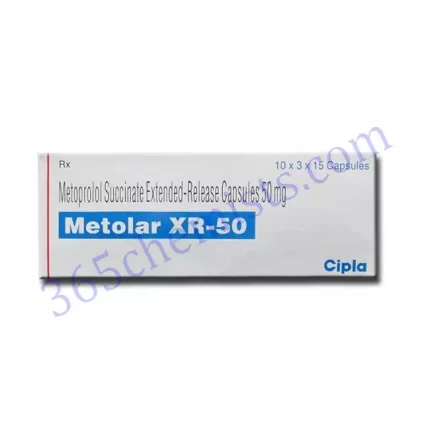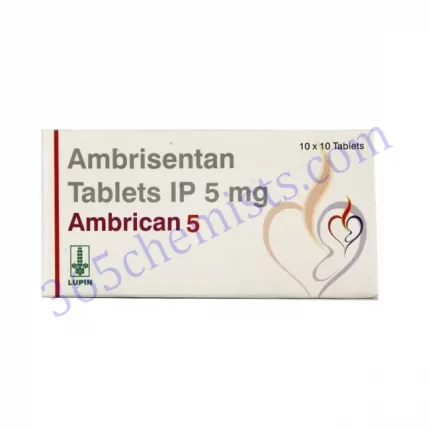Eptus 50 Tablet: An Effective Treatment for Hypertension (Eplerenone 50mg)
The medical condition known as hypertension, which is characterised by high blood pressure, is typically treated using the drug known as Eptus 50 Tablet. Eplerenone, the active component of this tablet, is classified as an aldosterone receptor antagonist and is a member of the class of drugs known as eplerenone antagonists. In this post, we will present a complete overview of Eptus 50 Tablet, which will include its applications, dosage, potential side effects, and precautions to guarantee safe and effective use of the product.
Understanding Hypertension
The term “hypertension” refers to a rather frequent medical ailment that manifests itself as an abnormally elevated force exerted by the blood against the arterial walls. If hypertension is not effectively treated, it can result in a number of major health issues, such as coronary heart disease, stroke, and renal disease. It is essential to achieve and maintain an optimal level of blood pressure management in order to lessen the likelihood of developing these issues and to safeguard one’s general health.
Eptus 50 Tablet: Mechanism of Action
The effects of aldosterone, a hormone that can raise blood pressure by causing the body to retain salt and water, are blocked by the active ingredient in Eptus 50 Tablet. This allows the medication to be effective. Eplerenone, which is the active component, binds to aldosterone receptors, which prevents aldosterone from having the effects that it normally would have on the kidneys and blood vessels. Eptus 50 Tablet helps lower blood pressure and reduces the strain that is placed on the cardiovascular system as a result of this action.
Dosage and Administration
It is possible for the recommended dosage of Eptus 50 Tablet to change based on how an individual responds to treatment and their specific condition. It is essential to take the medication exactly as directed by the healthcare expert, both in terms of the dosage that has been prescribed and the instructions that have been given.
The tablet can be swallowed orally, either with or without meals, depending on the instructions provided by the healthcare professional. Take the medication as directed, without crushing or chewing the tablet. It is important to take Eptus 50 Tablet at the same time each day in order to keep a steady level of the drug in the body. It is recommended that you take the medication.
While taking Eptus 50 Tablet, it is essential to maintain a regular monitoring schedule for blood pressure readings. This helps evaluate how effective the treatment is and provides the opportunity to make appropriate adjustments to the dosage, if those adjustments are required. To maintain the most effective management of hypertension, it is critical to keep all follow-up appointments as they have been arranged.
Related Product
Eptus 25 Tablet
Eptus 50 Tablet
Potential Side Effects
Eptus 50 Tablet has the potential to cause negative effects, just like any other medicine. Dizziness, fatigue, headaches, nausea, diarrhoea, and elevated blood potassium levels are some of the most common adverse reactions that could occur. These negative reactions to medication are typically minor and short-lived, and they frequently improve as the body gets used to the treatment.
Eptus 50 Tablet may, in extremely unusual circumstances, create more significant adverse effects that call for immediate medical intervention. These symptoms may include swelling of the face, lips, tongue, or throat; difficulty breathing; chest pain; irregular heartbeat; or severe allergic responses. In the event that any of these serious adverse effects manifest themselves, emergency medical attention must be sought.
Precautions and Interactions
It is imperative that any pre-existing medical disorders or allergies be disclosed to a qualified medical expert prior to beginning treatment with Eptus 50 Tablet. People who have problems with their kidneys or liver, or who have a history of having excessive potassium levels, may need to take additional precautions or have their dosage adjusted.
There is a possibility of an interaction between Eptus 50 Tablet and other medications, such as potassium-sparing diuretics, potassium supplements, nonsteroidal anti-inflammatory drugs (NSAIDs), and certain antibiotics. It is imperative to inform the medical professional about any and all medications that are being taken, including over-the-counter pharmaceuticals and dietary supplements made from plants, in order to prevent adverse drug reactions.
It is not advised to take Eptus 50 Tablet while pregnant or breastfeeding because of the potential risks involved. If you are currently pregnant, if you are expecting to become pregnant, or if you are breastfeeding, you should talk to your healthcare practitioner about alternate treatment choices to guarantee the safety of both you and your unborn child.
Conclusion
Patients who suffer from hypertension have access to an effective therapeutic option in the form of the Eptus 50 Tablet, which contains eplerenone. It accomplishes this by inhibiting the action of aldosterone, which results in a reduction in both blood pressure and the strain placed on the cardiovascular system. The key to attaining optimal outcomes and sustaining overall well-being is effective communication with one’s healthcare professional, regular monitoring of blood pressure levels, and adherence to the prescribed dosage.
In conclusion, Eptus 50 Tablet presents a viable therapy alternative for hypertension that is both effective and well tolerated by patients. Because it contains the active ingredient eplerenone, it is able to reduce blood pressure by blocking the actions of the hormone aldosterone. Eptus 50 Tablet, as well as the usage of any other drug, should never be used without first discussing it with a qualified medical expert in order to receive individualised advice and direction. You will be able to more successfully regulate your blood pressure and lower the risk of cardiovascular issues if you and your partner work together.

